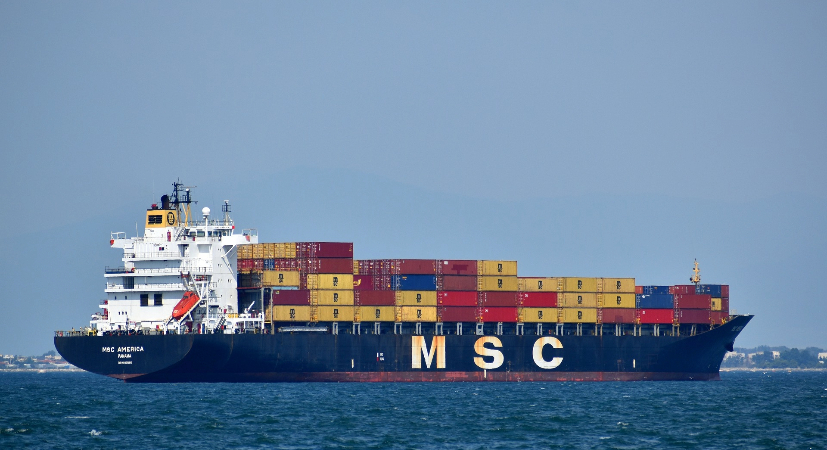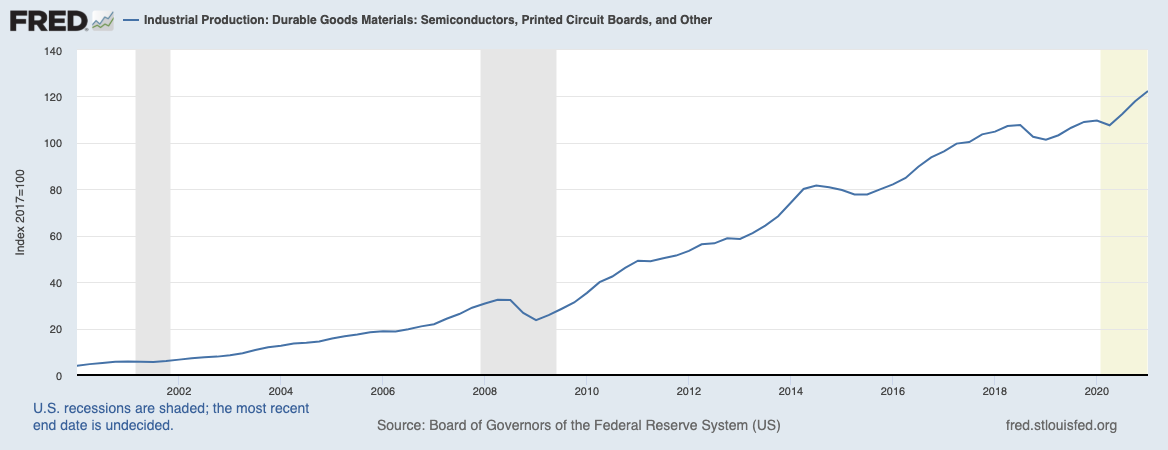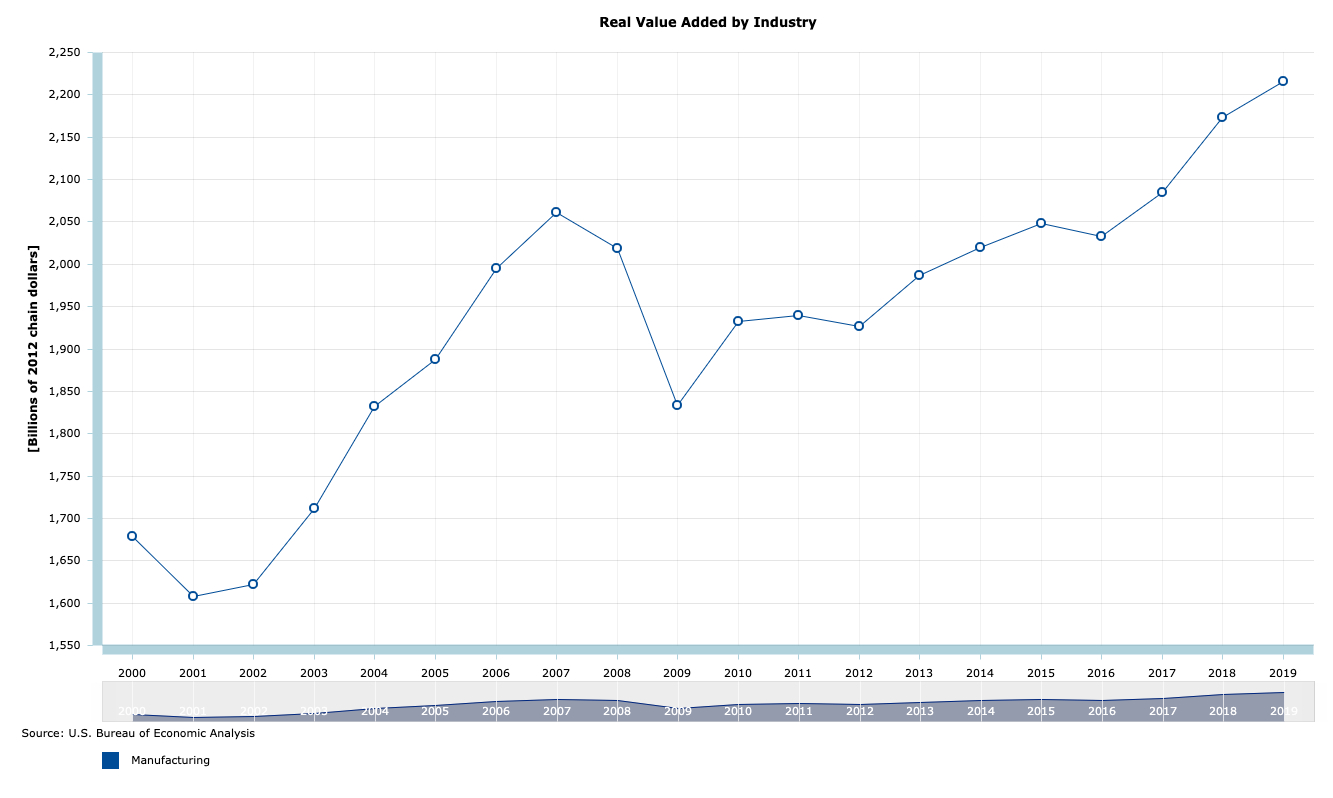
The White House just released a new report, “Building Resilient Supply Chains, Revitalizing American Manufacturing, and Fostering Broad-Based Growth.”
Among other things, the report calls for creation of a task force addressing sectors including homebuilding and construction, semiconductors, transportation, and agriculture and food.
Fortunately, America doesn’t need a new government task force to help these sectors. It just needs the government to remove costly domestic barriers that disrupt supply chains.
For example, the construction sector is harmed by taxes on imported steel, aluminum, and lumber. The Biden administration has even proposed doubling taxes on lumber imported from Canada. According to the chairman of the National Association of Home Builders, “If the administration’s decision to double tariffs is allowed to go into effect, it will further exacerbate the nation’s housing affordability crisis, put even more upward pressure on the price of lumber and force millions of U.S. home buyers and lumber consumers to foot the bill for this ill-conceived protectionist action.”
New Biden “Buy American” mandates for contractors to use U.S.-made components even when more affordable goods are available from Canada, Mexico, and other allies will increase the cost of federal construction projects. According to the Associated General Contractors of America, “By altering the definition of what constitutes an American-made product (raising the threshold percentage from 50 to 75 percent), companies who do business with the federal government will have to shift their supply chains as they are left to choose from a smaller list of acceptable products.”
While some industries are facing a temporary shortage of some types of semiconductors, U.S. production in general continues its explosive growth. As Cato Institute Senior Fellow Scott Lincicome recently pointed out, the Semiconductor Industry Association reported in 2020 that “the semiconductor manufacturing base in the United States remains on solid footing.”

Calls for government interference in semiconductor manufacturing are reminiscent of calls for the government to intervene in oil production last year, when crude oil prices dropped to negative levels. The government took no action, market forces worked, and oil prices returned to normal. How soon we forget.
Like the construction industry, the transportation industry has been hit hard by taxes on imported steel and aluminum needed to build cars and boats. Supply chains for goods transported via water are disrupted even more by government policies like the Jones Act. Currently, anyone wishing to transport goods or people by water must use a U.S.-made ship, even though such ships are in short supply due to their exorbitant cost. According to the Congressional Research Service, “Today, the price of a U.S.-built tanker is estimated to be about four times the global price of a similar vessel.”
The agriculture sector was harmed by a loss of exports resulting from U.S. and retaliatory tariffs. An obvious first step to help farmers and ranchers would be to replace policies that restrict trade with policies that will expand it. As American Farm Bureau president Zippy Duval commented, “We need trade, not more tariffs.”
The Biden report further pledges to “revitalize” our manufacturing base. This is a bizarre goal. Prior to the COVID pandemic, the U.S. manufacturing base had never been stronger.

These policies illustrate a shortcoming with respect to the Biden administration’s proposal to create a “strike force” to take on unfair foreign trade practices. What is missing from the White House report is any mention of one policy that could really boost manufacturing and strengthen supply chains: a strike force to take on unfair domestic trade policies ranging from steel tariffs to the Jones Act.

